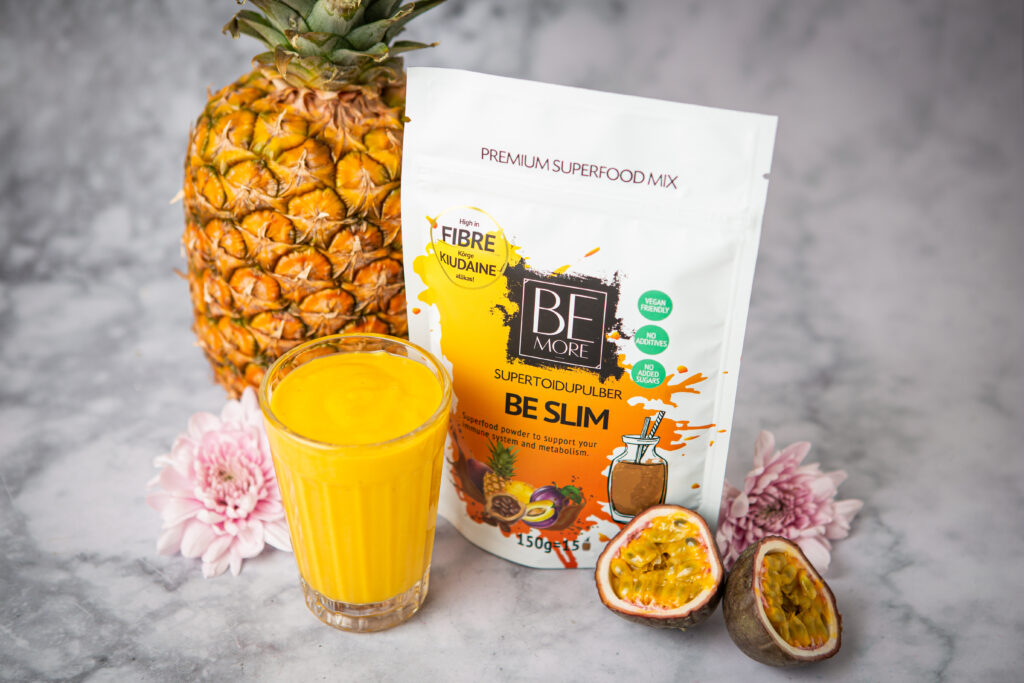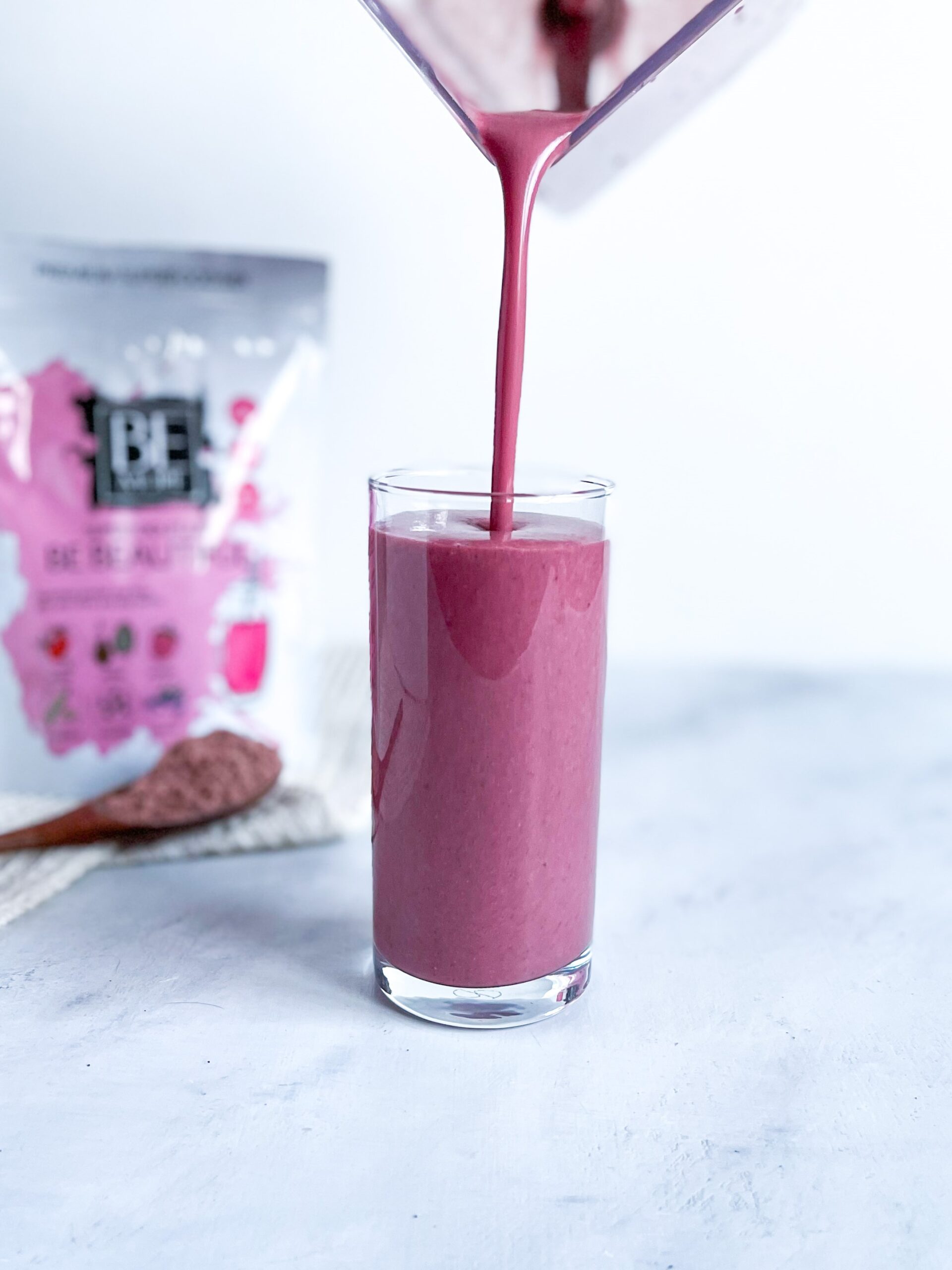Weight loss vs. body fat loss. What is the difference?
12. April, 2024

Healthy eating
Body weight loss, or simply the loss of kilograms, should not be taken as a goal in itself, because in reality, the goal of most people is probably to lose weight at the expense of fat. By acting skillfully and making the right choices, it is possible to achieve an excellent result, while ill-considered weight loss can instead lead to health concerns, digestive problems and a loss of muscle mass.
In the following blog article, we will explain why fat loss is more important than weight loss, how to distinguish between these two, and give tips for losing fat while maintaining muscle.
Why is it important to maintain muscle mass when losing weight?
Maintaining muscle mass when losing weight is extremely important, because muscles are important for all the functions of our body. Often, only the visible part is meant by muscles: arm muscles, abdominal muscles, leg muscles, and we believe that it is very good if the arms, abdomen, and legs become a little smaller. In doing so, we forget that, for example, the heart muscle is also a muscle, and the back muscles and upper arm muscles are also crucial. Muscles help maintain body temperature, ensure correct movement, participate in metabolic processes and store energy. When we lose muscle mass, we become weak and there is a risk of injury.
In fact, maintaining muscle is one of the most important aspects of weight loss, because the more muscle we have, the more calories we can burn at rest. Thus, maintaining muscle mass actually contributes to weight loss.
Losing weight at the expense of fat is important, because excess body fat is burdensome on our body and dangerous to our health. Everyone needs body fat, but in limited amounts. If too much fat accumulates in the body, there is a risk of various cardiovascular diseases and diabetes.

What are the main mistakes in weight loss?
The most incorrect weight loss method is starvation. As a result of starvation, we may lose body fat, but we also lose a very important component for our body – water, and we lose muscle mass as well. Eating less is definitely not helpful, because it slows down the metabolism, which in turn can have the opposite effect – weight does not drop and constipation occurs. Seeing results not as expected leads to frustration, mental health issues, and all of this escalates into emotional eating and binge eating. The correct way to eat is eating 5 meals a day, 3 of which are main meals and 2 snacks. There should be a break of about 3 hours between all meals.
The difference between whether we lose weight from body fat or from muscle is that the end result in kilograms can be the same – for example, we lost 5 kg in 2 weeks. But in one case, this weight has come at the expense of water and muscle mass, and in the other case at the expense of body fat, which is probably the desired result that is being tried to be achieved. Correct weight loss at the expense of body fat is up to 1 kg per week. Take this as an indication. If there was a significantly greater weight loss in a week, there is a high probability that it was not 100% at the expense of fats.
The main recommendations on how to lose weight while losing fat mass and maintaining muscle mass are:
- Make sure that your protein intake is sufficient
Protein must make up 10-20% of the menu, in the case of weight loss, rather 20%. Protein helps make you feel full (and we all want to feel full when we’re losing weight), supports muscle maintenance, and can even help you gain muscle mass. Digestive enzymes are for example also made of protein, It means we support our digestion by eating protein. In addition to protein of animal origin (meat, fish, eggs, dairy products), we recommend also consuming plant-based protein – legumes. Excessive meat consumption can have a bad effect on cardiovascular health and prevent weight loss.
Be More superfood mixes all contain plant-based protein (pea protein) and, for example, Be Sporty superfood mix is a powder with a very high protein content that supports you on your weight loss journey.
- Nutrition and exercise are equally important. To maintain muscle mass, focus on muscle training.
When losing weight, the main emphasis should be on cardio training (e.g. walking, running, dancing, cycling, etc.), but muscle training should also not be neglected, because with proper nutrition (enough protein!) it will help to tone the muscles. We recommend being active and moving enough every day and doing muscle training 1-2 times a week, even being at home. For beginners, we recommend finding a personal trainer who can direct to do the right exercises.

- Consume enough fiber and increase your vegetable intake
In nutrition, the most important thing is to ensure that the consumption of fiber is sufficient. The main sources of fiber are vegetables, fruits-berries, nuts-seeds, legumes and whole-grain products. Every day, the body must get at least 25g of fiber from food, and for this you must eat (every day), for example:
- 500g of various vegetables (both raw and cooked)
- 200g of fruits and berries
- approx. 20g of nuts-seeds
- 4-5 portions of whole grain products (one portion is, for example, 1 slice of bread or 100g of cooked rice or buckwheat)
Fibers also help to create a feeling of fullness and speed up metabolism.
- Consume enough fiber and increase your vegetable intake
There is a Be Slim superfood mix in Be More e-shop, a superfood powder specially designed for weight loss, which has a very high fiber content and also contains protein. Be Slim powder has a cocoa and fruity taste. It works wonderfully as an addition to porridges, yogurts and smoothies.
- Limit calories, but don’t go overdo
When losing weight, it is recommended to reduce the number of calories you consume, but you should not overdo it. Excessive calorie restriction (for example, daily consumption of less than 1500 kcal) can lead to several health problems. The body needs calories in order for all organs to function as they should and for us to have energy for walking and physical activity. It is best to calculate the appropriate calorie intake in cooperation with a nutritionist or trainer. It is also possible to use a program to help calculate calories, such as MyfitnessPal or Nutridata (Estonian program).
As summer season coming, take a look at your menu and make corrections, add more fiber and protein to it if necessary. Physical activity also contributes to weight loss.
